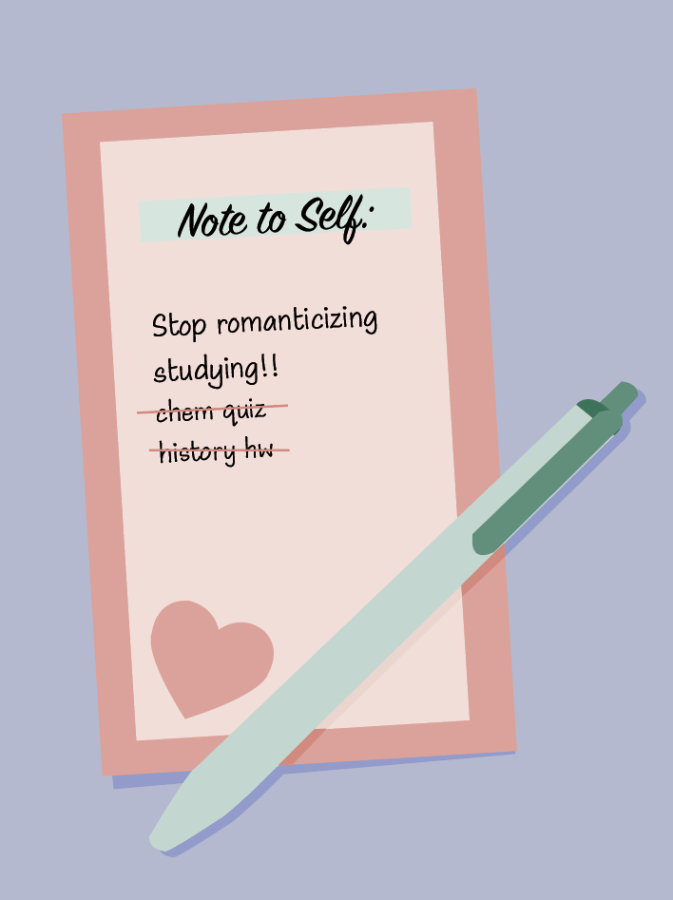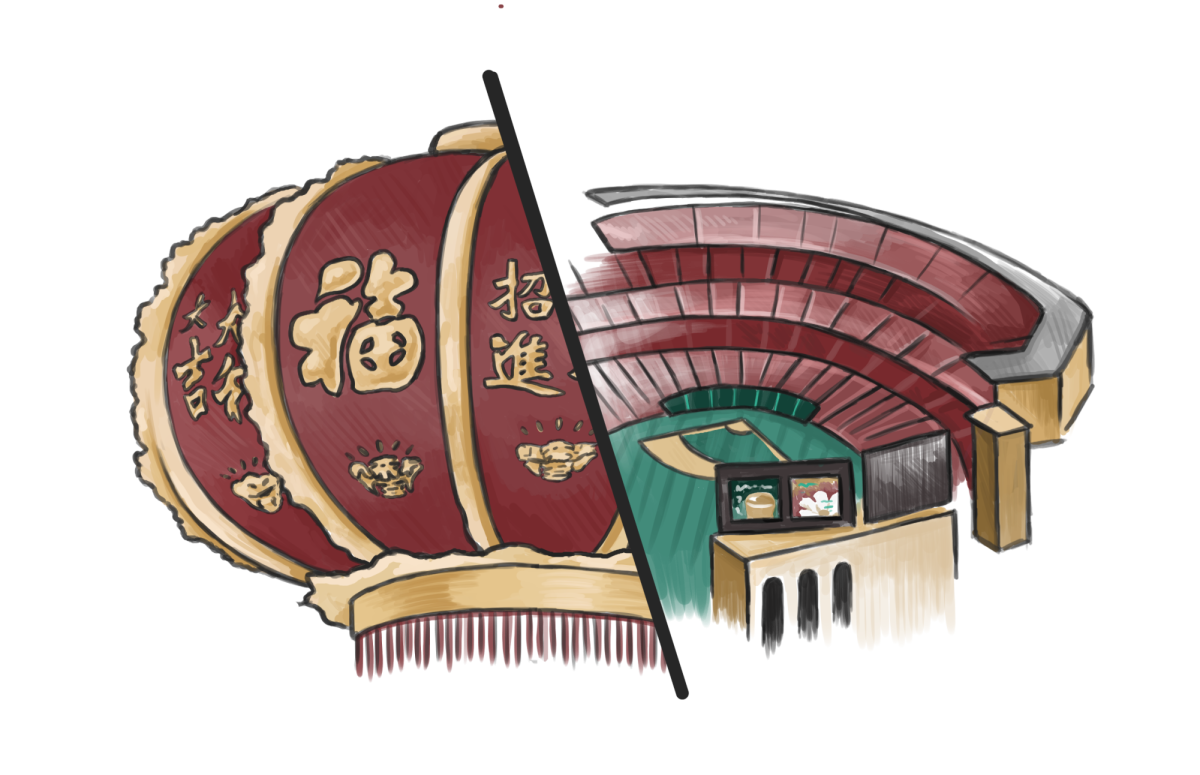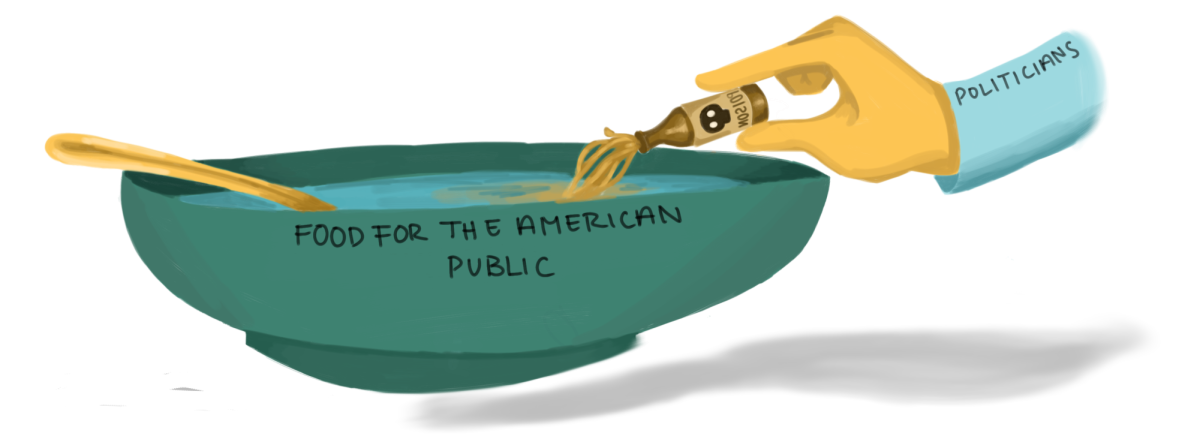As someone who loathes studying as much, if not more, than every other student out there, I’ve cycled through countless strategies just to cope with the agony. At one point, I stumbled upon a method popularized by social media that seemingly manages to combine both pretty and productive. These posts, boasting artistic notes, effortlessly neat spaces and quality results, captivated students with a false and unachievable reality. The truth is, studying whilst attempting to create fanciful notes hinders the efficiency that the very concept of romanticization seems to promote.
With the school year in full swing, it is important to recognize its drawbacks as we attempt to develop healthy study routines. For one, romanticizing studying can be distracting as it shifts the purpose of understanding information to maintaining stylistic perfection. Your focus actually diminishes when you juggle studying with admirable aesthetics and it takes away from how much you learn. Rather than making learning itself more enjoyable, it’s simply a method to distract yourself.
Consider the excess time it would take to produce a set of romanticized notes you could instead spend preparing for a test, or completing the next day’s homework. For instance, it takes much longer to doodle and write artistically than in regular script, which is only more time you burn while still attempting to study. In addition, when you are taking live notes from a lecture, there is often no time to create flawless notes. As a result, students will have to scramble to keep up and even miss bits of information. This then becomes an important issue to remedy now, as it builds poor habits for the future, which become harmful once classes grow demanding and it becomes difficult to keep up.
The pursuit of aesthetics also breeds materialistic desire with the influence of social media setting standards unrealistic to high schoolers. Students are often swayed by certain products they see displayed on the internet and become pressured to attain them, despite aesthetics translating little to educational value. It is also ultimately wasteful and illogical: If you don’t enjoy studying, why would you fund it? This holds especially true as teenagers begin to learn to save or spend responsibly on what matters most to them.
For many, romanticizing studying serves as a form of motivation or a source of inspiration, which can be beneficial, but students still shouldn’t be defining what they see on the internet as the standard, or compulsively do it past a certain extent. In addition, setting your aspirations to the lives influencers selectively choose to present is especially difficult for teenagers. As we encounter struggles throughout life, we often are unable to keep up with the conscious effort being perfectly aesthetic exerts.
So, in which other ways can we make studying somewhat bearable, or even enjoyable? At its core, romanticization is not about forcing happiness into something you don’t like, rather, it’s about appreciating joyful moments in life and finding little pockets of happiness wherever you go. Enjoy the weather outside your window, go outside to study, or give internal thanks to that one teacher that chose not to give you homework over the weekend. Appreciate whatever you can whilst studying, or simply, put all your focus on getting work done so that you may enjoy your life outside of it.









